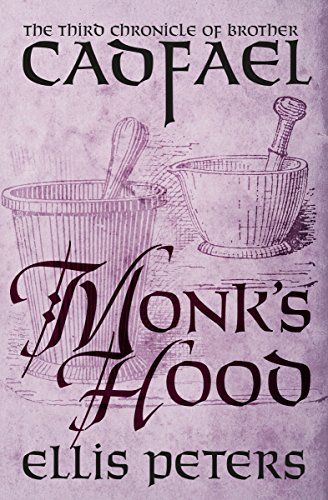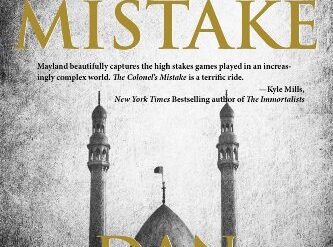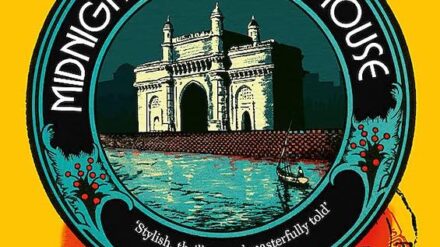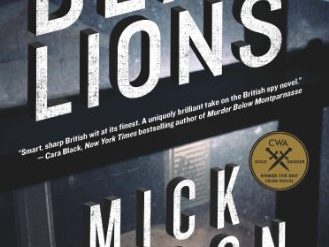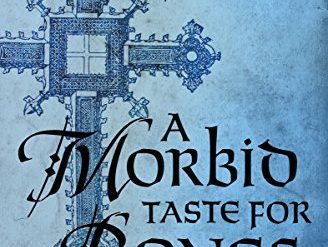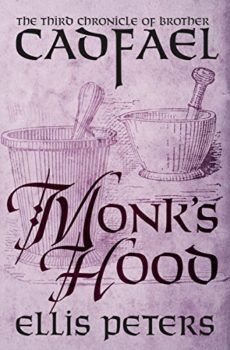
There are those who insist that human nature doesn’t change, but I’m not so sure. Whenever I’m tempted to believe that cliché, I cast my mind over the history I’ve read. As Stephen Pinker so famously asserts in The Better Angels of Our Nature: Why Violence Has Declined, the rate of death by murder or misadventure in the 20th century was the lowest in human history. Yes, despite two massive, blood-soaked world wars and all the violence since then.
Estimated reading time: 3 minutes
And I simply don’t believe that the trappings of “civilization” are fully responsible for that decline. In fact, I’m certain (admittedly in the absence of any evidence, either pro or con) that evolution is at least partly the reason—that over the course of 200,000 years of human interaction, those individuals who survive by virtue of their intelligence rather than their brawn have been more successfully passing on their genes. Is this naive of me? Perhaps. But it helps me understand history a whole lot more easily.
Monk’s Hood (Cadfael Chronicles #3) by Ellis Peters (1980) 286 pages ★★★★☆
However, the authors of most historical fiction don’t seem to agree with me. Typically, people who write novels set in the past tend to overlay today’s cultural and spiritual assumptions onto the circumstances of the past. To them, human nature most certainly has not changed. Yet people who lived, say, a thousand years ago surely thought and acted in ways that few of us would recognize or understand today. How could we possibly expect to understand the mindset of medieval Europeans held in thrall to the primitive Catholic myths of the age?
Has human nature changed since Brother Cadfael’s time?
In the Cadfael Chronicles, author Ellis Peters (Edith Pargeter) pays lip service to the superstitions that governed the lives of England’s 12th-century peasants. But she doesn’t extend the logic to the beliefs of Cadfael’s Benedictine brothers and the secular authorities he meets on a regular basis. And it’s difficult to believe that anyone, especially a monk like Cadfael who’d fought in the Crusades, would be so concerned about a single murder at a time when murder was simply an inescapable fact of life.
Inaccurate, perhaps, but an excellent murder mystery
But I’ll admit it. I love reading these books. Peters’s grounding in history is fairly solid, her characters are engaging, and the murders Cadfael’s called on to solve are delightfully intriguing. In Monk’s Hood, the third entry in the Chronicles, Brother Cadfael’s extensive botanical knowledge is on brilliant display. Peters may present a distorted picture of life as it was actually lived in Brother Cadfael’s time, but she does write an excellent murder mystery.
For related reading
I’ve reviewed the first two books in the Cadfael Chronicles:
- A Morbid Taste for Bones (Brother Cadfael #1) — Reviewing the first book in the delightful Brother Cadfael series
- One Corpse Too Many (Brother Cadfael #2) — Brother Cadfael, the perfect detective for the Middle Ages
You might also enjoy my posts:
- Top 10 mystery and thriller series
- 20 excellent standalone mysteries and thrillers
- 30 outstanding detective series from around the world
- Top 20 suspenseful detective novels
- Top 10 historical mysteries and thrillers
And you can always find my most popular reviews, and the most recent ones, on the Home Page.

